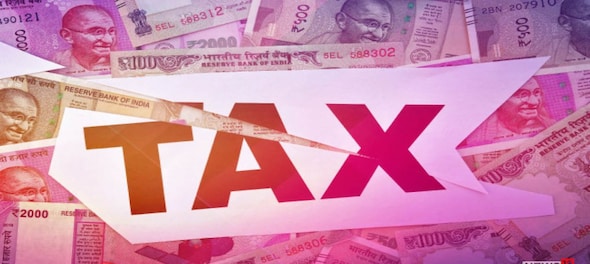
The Union Budget 2023-24 will be presented amid geopolitical uncertainties and headwinds in the form of high inflation and sluggish economic growth. However, India remains a bright spot with IMF forecasts indicating a nearly 7 percent GDP uptick. The world continues to be bullish on the Indian growth story.
The government is looking for carefully calibrated policy measures to enhance sources of growth that will drive investments to maintain that economic outlook. The last two budgets were presented in the middle of a catastrophic pandemic; hence, the focus was on mitigating the economic damage and resuming economic activity. The business community at large expects the next Budget to bring in measures to trigger growth across sectors by way of tax efficiency measures.
The US-India Strategic Partnership Forum’s (USISPF) Tax Forum has requested the government for a stable and predictable tax environment, which is imperative to boost investor sentiment. The need of the hour is an investment-led growth strategy to support the economic recovery and back on the growth trajectory. There is a continued need to bring in measures to improve the ease of doing business at ground level, rationalisation of the cost of doing business, as well as rationalisation of tax rates and tariffs among others.
Rationalisation of corporate tax rates has been a long-standing ask for companies across all sectors. The Tax Forum has suggested parity between tax payable by domestic and foreign players across multiple sectors. This would also ensure a level playing field in sectors such as banking where foreign bank branches pay higher taxes in India. With respect to the minimum tax deal, the Tax Forum has highlighted the inherent need to rationalise corporate tax rates.
In the interest of inbound investments, the Tax Forum has suggested significant reforms in the structure for capital gains tax, which at times has perplexed investors. There is a need to bring parity among tax rates and holding periods for investments across equity, debt, and immovable property which are quite fragmented at the moment. The request has been to revise the base year for computing indexation benefits to make it more relevant. This would lead to a simple capital gains tax structure and thus reduce the compliance burden. The Tax Forum’s recommendations on capital gain taxes also include requests seeking clarity on the applicability of concessional treatment of incomes earned by foreign portfolio investors (FPIs) and units of the international financial service center (IFSC).
Simplification of the withholding tax regime is among the top asks of the Tax Forum. The increased adoption of technology and the use of data analytics, the provisions need to be rationalised for Tax Deducted at Source (TDS) or Tax Collection at Source (TCS). The Tax Forum has suggested specific changes and requests for guidelines under Section 194R which imposed TDS on benefits and perquisites.
E-commerce companies continue to face practical challenges with regard to withholding tax compliance under 194- O where payments are not routed through their operations. The Tax Forum has requested the government to prescribe a mechanism for a resident company to undertake compliance on behalf of a non-resident e-commerce operator.
The Tax Forum has made elaborate recommendations on overhauling the Transfer Pricing Regime in India to mitigate risks emerging from cross-border trade, with digitalisation on the rise. Our recommendations focus on suggestions to improve the processes and mechanisms underlying transfer pricing audits, dispute resolution mechanisms and appellate procedures,
changes to safe harbour provisions, and bringing in measures to fast-track closing of the Advanced Pricing Agreement (APA) mechanism and Mutual Agreement Procedures (MAP).
Under indirect taxes, the Tax Forum’s recommendations are largely centred on the rationalisation of custom duty rates on specific products. As India looks to attract a China plus one strategy, it is imperative that supply chains and imports continue to be made cost-effective thus streamlining the process of bringing goods into the country. Customs duty relaxations on the import of supplies will strengthen domestic capabilities and improve domestic efficiencies and enhance India’s competitiveness.
--The author, Mukesh Aghi
is the CEO & President of US- India Strategic Partnership Forum)
Read his previous articles here
(Edited by : CH Unnikrishnan)
Check out our in-depth Market Coverage, Business News & get real-time Stock Market Updates on CNBC-TV18. Also, Watch our channels CNBC-TV18, CNBC Awaaz and CNBC Bajar Live on-the-go!


Pannian Ravindran: Thiruvananthapuram's Left candidate who's lived in party office for 40 years
Apr 24, 2024 11:47 AM
Lok Sabha Election 2024 Live: Supreme Court reserves judgment on plea for 100% EVM-VVPAT verification
Apr 24, 2024 9:58 AM

